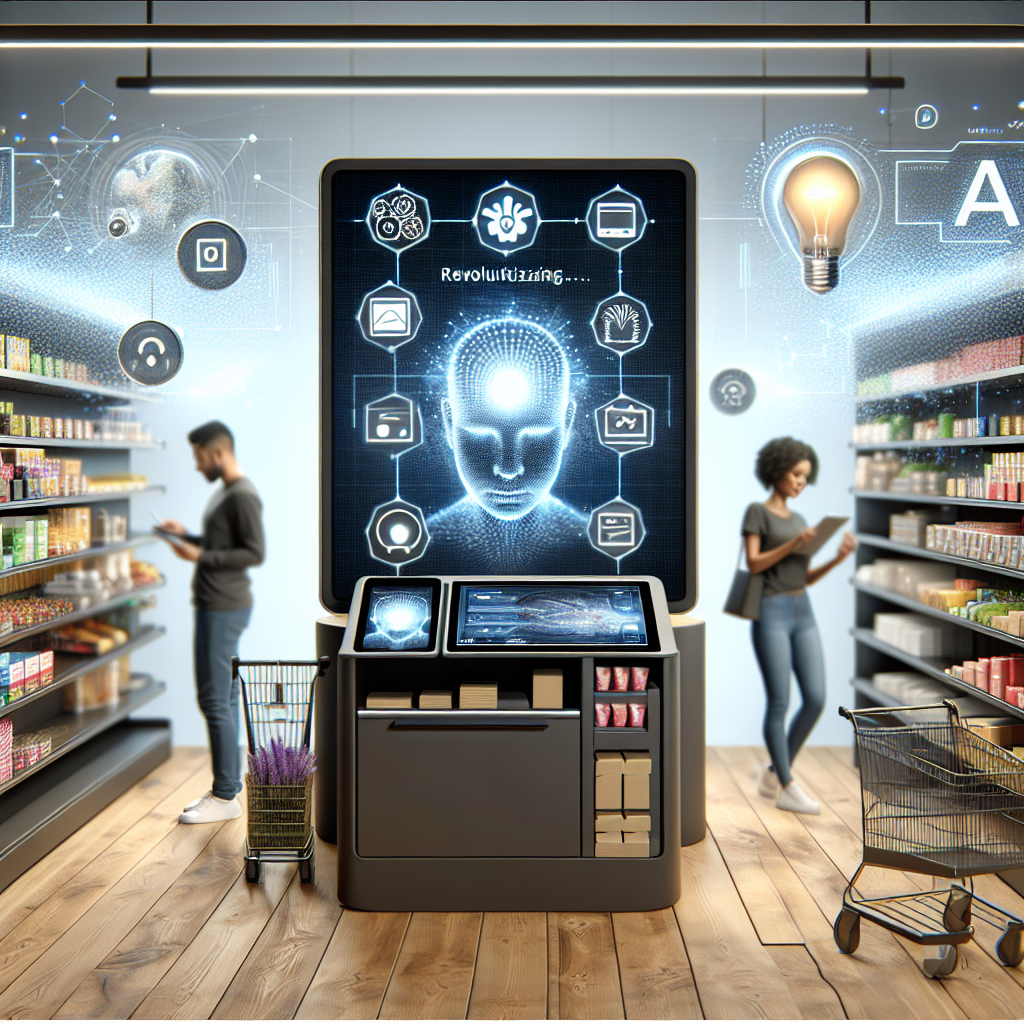AI-driven solutions are transforming the retail industry in ways that were previously unimaginable. From personalized shopping experiences to inventory management, artificial intelligence is revolutionizing the way retailers operate and interact with customers. In this article, we will explore the impact of AI on retail and how it is shaping the future of the industry.
One of the key ways in which AI is revolutionizing retail is through personalized shopping experiences. With the help of AI algorithms, retailers can now track customer behavior and preferences to offer tailored recommendations and promotions. This not only enhances the customer experience but also increases sales and customer loyalty. For example, online retailers like Amazon use AI to analyze customer data and provide product recommendations based on past purchases and browsing history.
AI-driven solutions are also transforming inventory management in retail. With the help of AI-powered algorithms, retailers can now predict demand, optimize inventory levels, and reduce stockouts. This not only improves operational efficiency but also reduces costs and increases profitability. For example, companies like Walmart use AI to analyze sales data and forecast demand for different products in real-time.
Another way in which AI is revolutionizing retail is through the use of chatbots and virtual assistants. These AI-powered tools can handle customer inquiries, provide product recommendations, and even process orders without human intervention. This not only improves customer service but also frees up employees to focus on more strategic tasks. For example, companies like Sephora use AI-powered chatbots to provide personalized beauty recommendations to customers.
AI-driven solutions are also transforming the way retailers analyze and interpret data. With the help of AI algorithms, retailers can now process vast amounts of data in real-time to gain valuable insights into customer behavior, market trends, and competitor activities. This not only helps retailers make better decisions but also allows them to stay ahead of the competition. For example, companies like Macy’s use AI to analyze social media data and identify emerging fashion trends.
In addition to personalized shopping experiences, inventory management, chatbots, and data analysis, AI is also revolutionizing other aspects of retail, such as pricing optimization, fraud detection, and supply chain management. These AI-driven solutions are not only improving operational efficiency but also driving revenue growth and customer satisfaction.
However, despite the numerous benefits of AI-driven solutions in retail, there are also challenges and considerations that retailers need to keep in mind. For example, retailers need to ensure that they have access to high-quality data to train AI algorithms effectively. They also need to consider the ethical implications of using AI, such as data privacy and algorithm bias. Additionally, retailers need to invest in training their employees to work alongside AI-powered tools and systems.
In conclusion, AI-driven solutions are revolutionizing the retail industry in ways that were previously unimaginable. From personalized shopping experiences to inventory management, artificial intelligence is transforming the way retailers operate and interact with customers. As retailers continue to adopt AI-powered tools and systems, they will be able to stay ahead of the competition, drive revenue growth, and enhance customer satisfaction.
FAQs:
Q: How can AI-driven solutions improve the customer experience in retail?
A: AI-driven solutions can improve the customer experience in retail by providing personalized shopping recommendations, handling customer inquiries through chatbots, and offering seamless checkout processes.
Q: What are some of the challenges of implementing AI in retail?
A: Some of the challenges of implementing AI in retail include ensuring access to high-quality data, addressing ethical considerations such as data privacy and algorithm bias, and training employees to work alongside AI-powered tools.
Q: How can retailers benefit from using AI-driven solutions for inventory management?
A: Retailers can benefit from using AI-driven solutions for inventory management by predicting demand, optimizing inventory levels, and reducing stockouts. This not only improves operational efficiency but also reduces costs and increases profitability.

